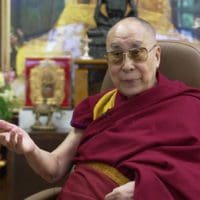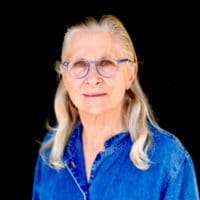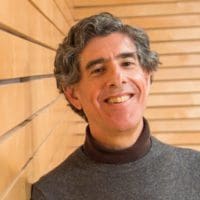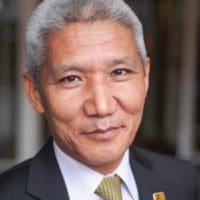Overview
As scientific research establishes that many “physical diseases” are modulated by psychological processes such as stressful life events and emotions, the mechanisms underlying these interactions have been targets for scientific research. As the mechanisms become more well understood, the rationale for using meditation as an intervention for certain types of physical illnesses becomes more compelling and more solidly grounded in modern scientific research.
This session will showcase modern research on the application of meditation-based interventions to cardiovascular disease and to diseases that include a primary immune component.
- Dialogue 1315 sessions
- November 9, 2005Dar Constitution Hall, Washington, DC
- Transcript - Connection, Community, and Compassion with Susan Bauer-Wu, Dekila Chungyalpa, Elissa Epel, and Brother Phap Dung |pdf|





